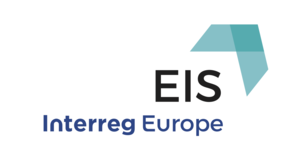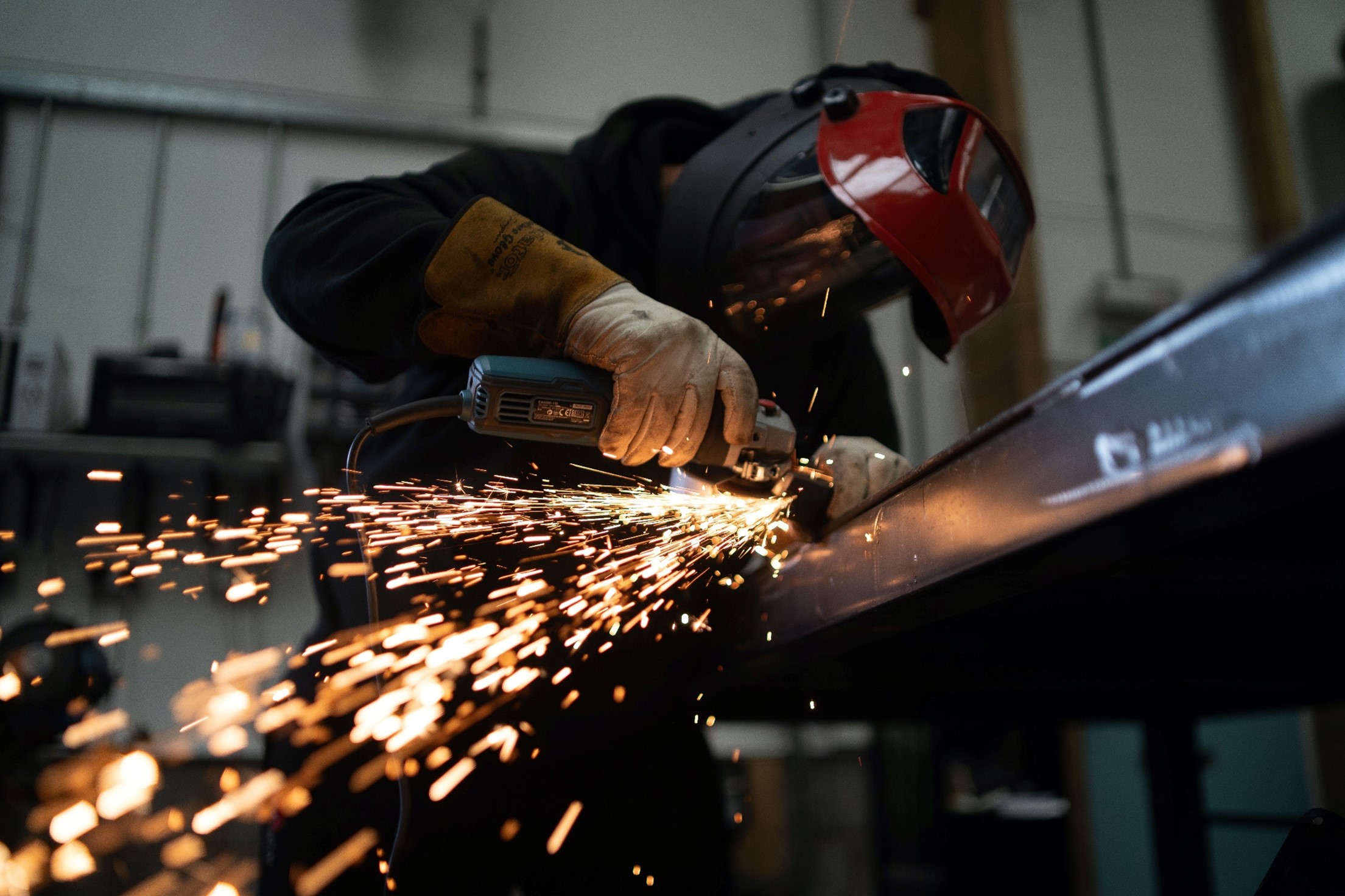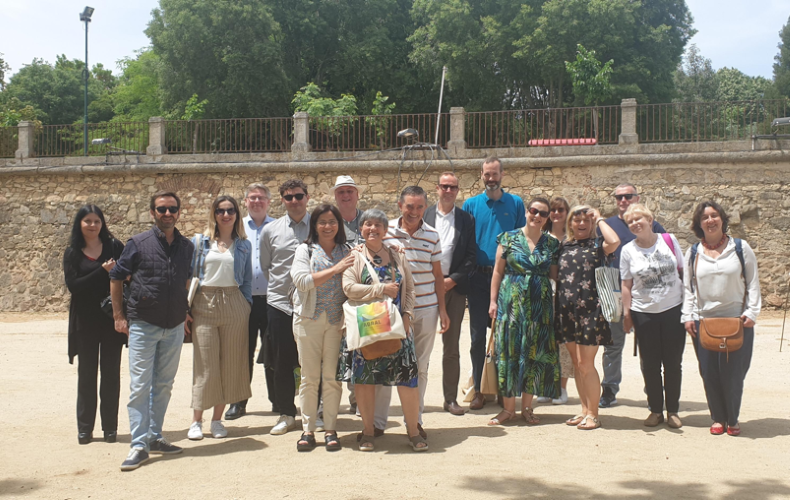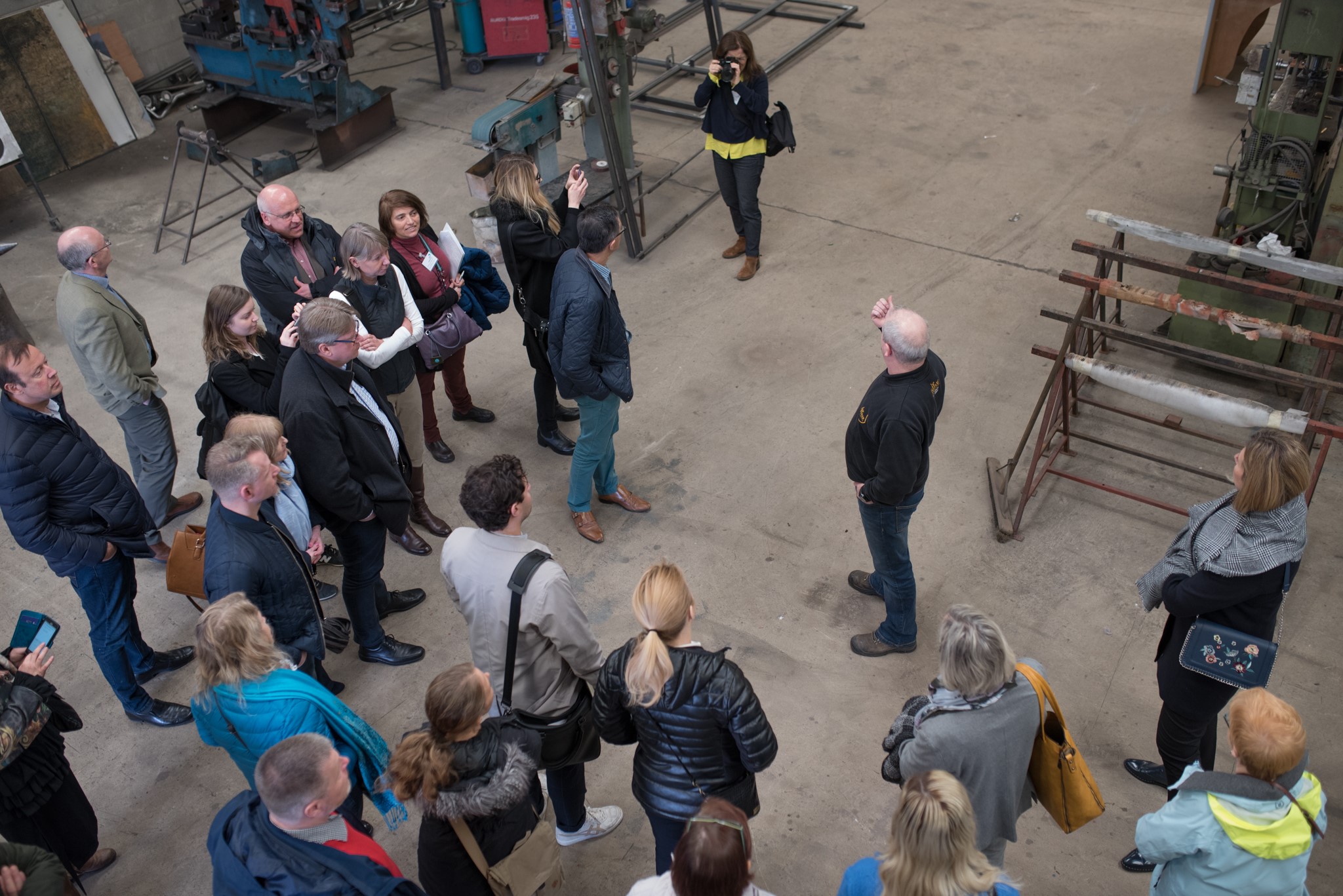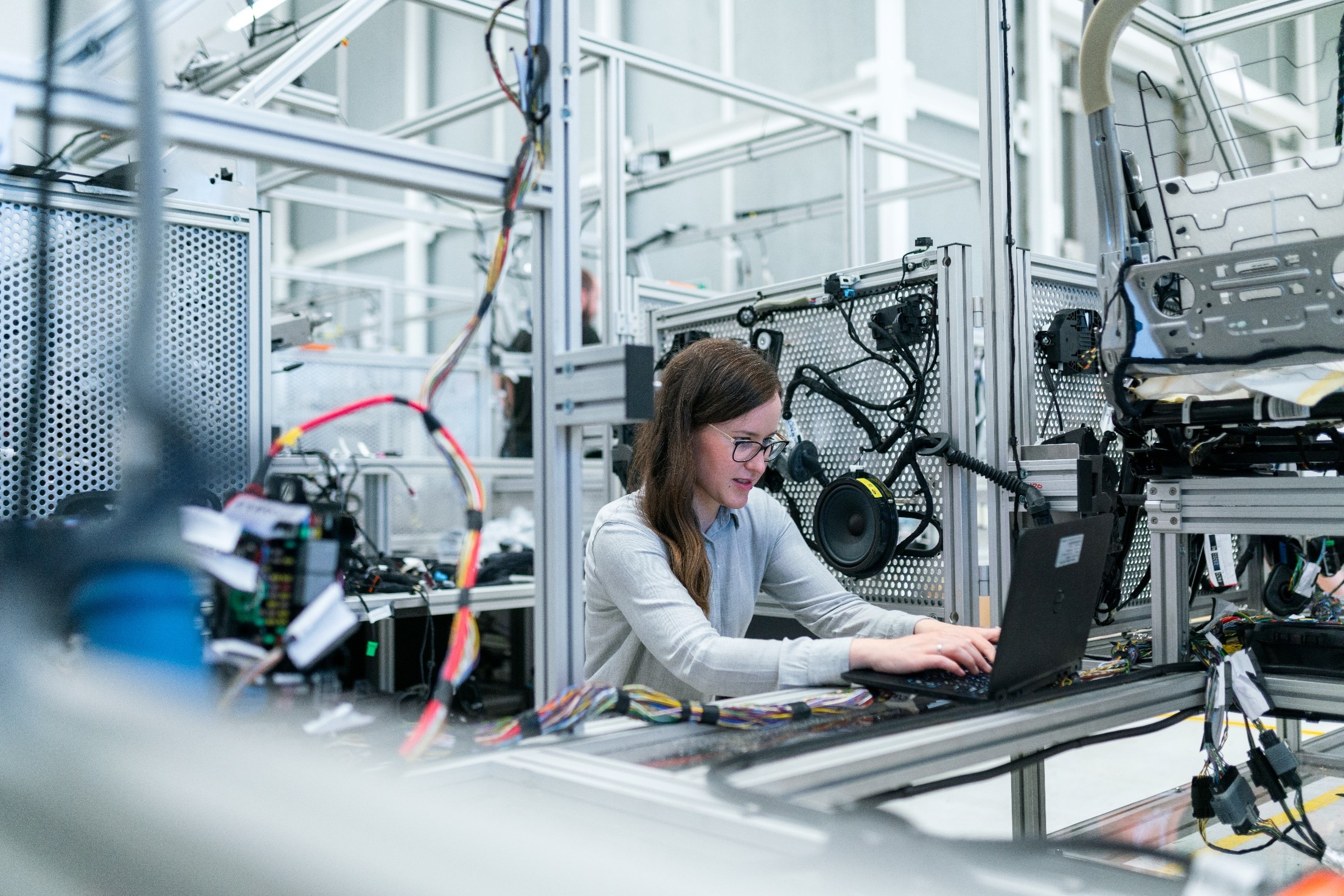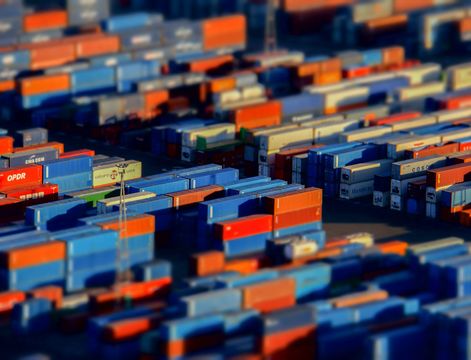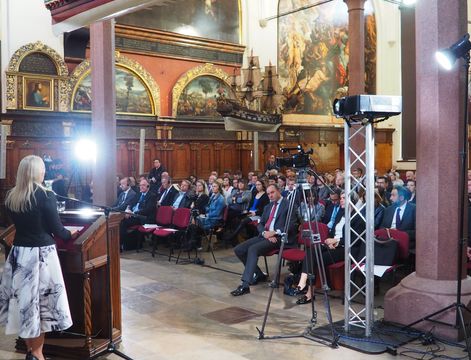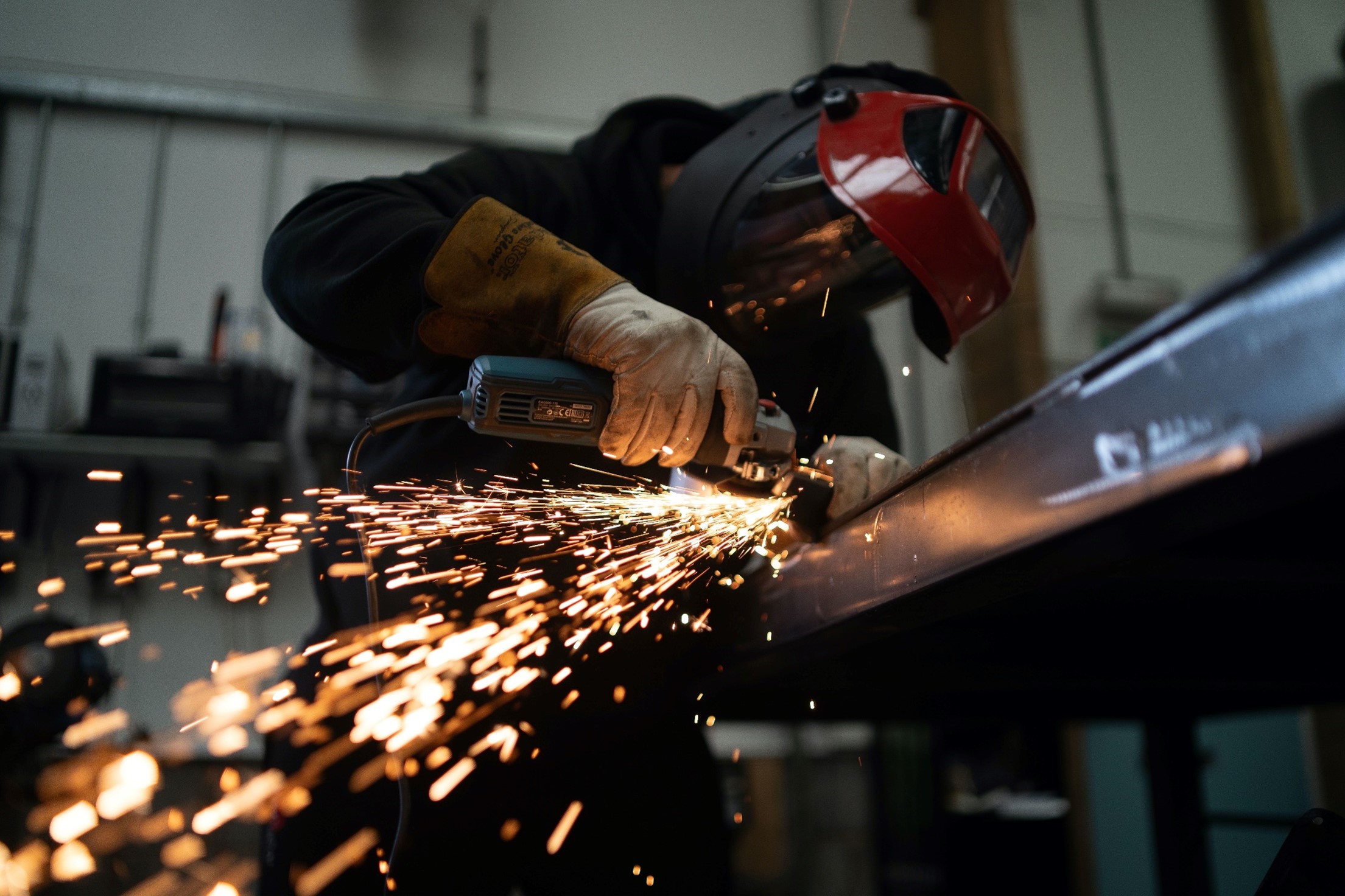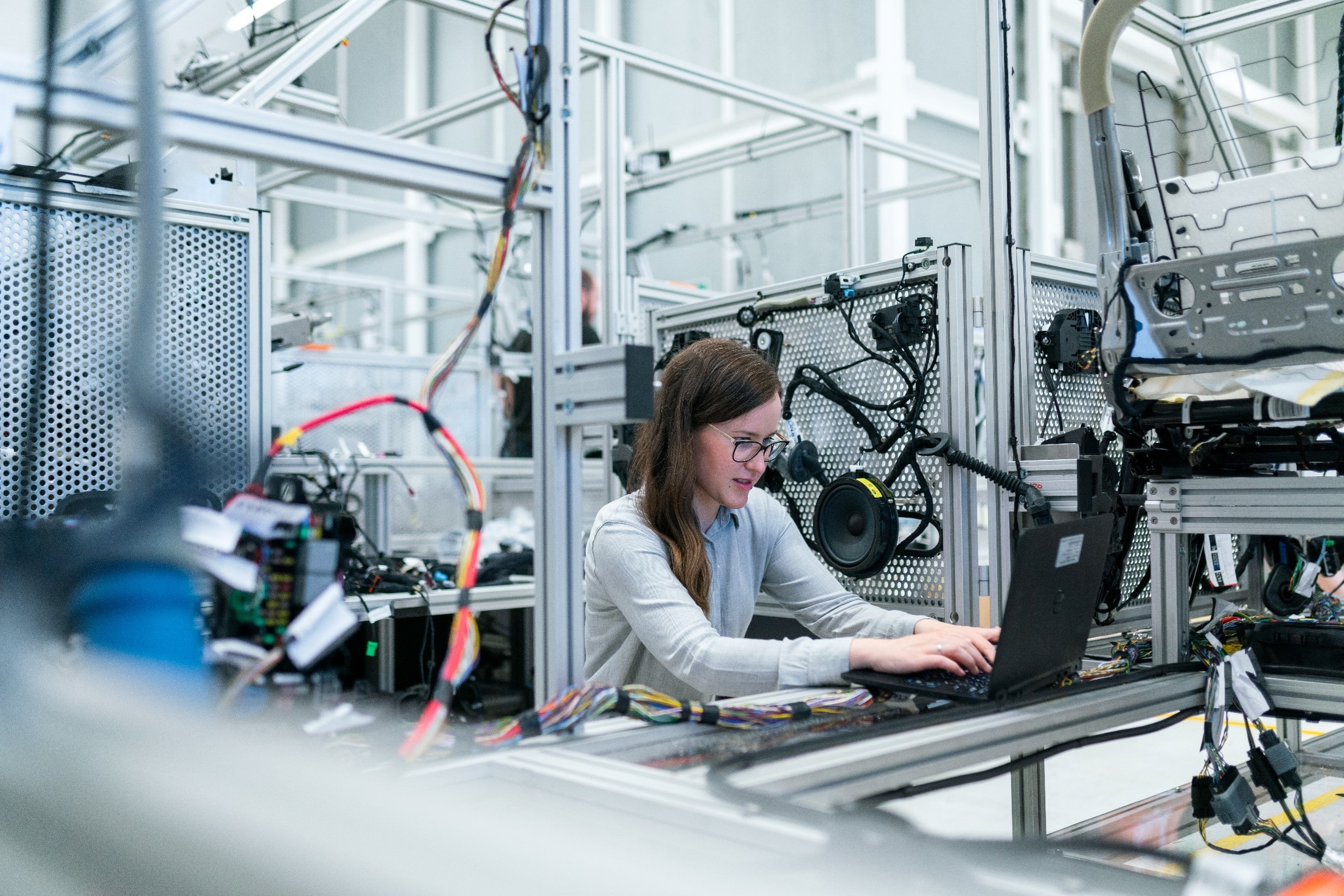This third Interregional Learning Workshop took place in Gdansk, Poland. And this time it was the regions of Pomerania, Poland; Hampshire, UK; and Koprivnicki, Croatia who were up for review.
The two-day conference started with a warm welcome from Piotr Ciechowicz, the Vice President of Pomerania Development Agency. Pomerania Development Agency was also the first regional authority to present their business support system to be peer reviewed by the other partner regions.

Picture: Pomerania Development Agency - Presentation of Pomerania
This time, three EIS partners were up for review compared to two last time. And as the EIS Project Manager, John Fitzgibbon, noted: “The project partners have become more familiar with the format of these Peer Review sessions with the result that the sessions have become more streamlined and effective. This has allowed us to process three Peer Reviews at this workshop in Gdansk compared to two last time. The time and work we have put into familiarising ourselves with the project format, the consortium and building valuable working relationships is now paying off and is allowing us to make greater progress as the project gains momentum.”
Day 1 kicked off yet another peer review, this time of the Croatian partner Koprivnicki Poduzetnik’s SME internationalisation programme. The peer review process is outlined in phase 1 in the model below.
Besides the three peer reviews, there was also time for a study trip to TMA Robotry – an SME producing high technology robot solutions, who sees great opportunities in what a larger international marked provides. TMA Robotry is located at the Pomerania Science and Technology Park. After the meeting with TMA, the group met with Katarzyna Roman-Nejman from the Communications Department of Pomerania Science and Technology Park who gave a tour and explained, that this gives companies such as TMA access to guidance so they can avoid making classic mistakes.

Picture: Koprivnicki - presentation for Peer Review
On day 2, Hampshire County Council was peer reviewed. This means that the Central Denmark; Donegal, Ireland; Pomerania, Poland; Koprivnicki, Croatia; and Hampshire, UK all have gone through the peer review process, leaving Emilia-Romagna, Italy and Alentejo, Portugal for the next Interregional Learning Workshop, which will take place in Portugal in December. The project will start focussing on developing Actions Plans for each partner region to implement in phase 2.
 '
'
Picture: Hampshire - Presentation for Peer Review
Sign up for our newsletter which will be out in November. Follow instructions in the bar to the right on the webpage.
